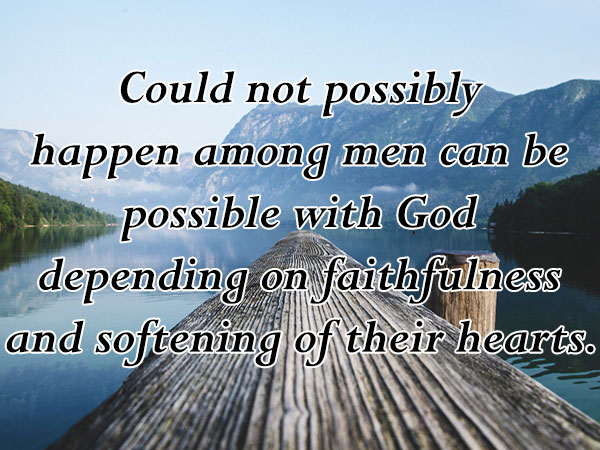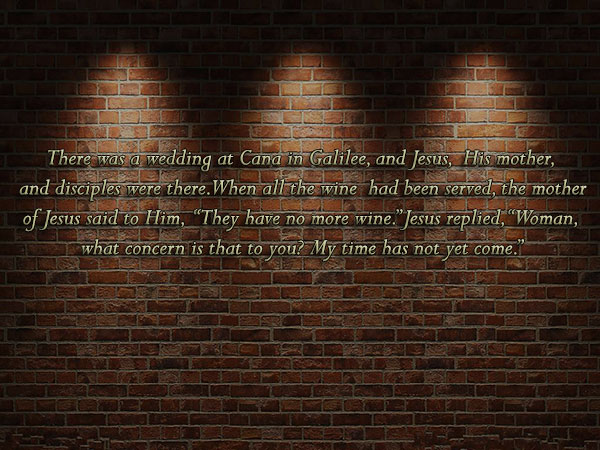Gospel: Lk 1:46-56
And Mary said, ”My soul proclaims the greatness of the Lord, my spirit exults in God, my savior! He has looked upon his servant, in her lowliness, and people, forever, will call me blessed. The Mighty One has done great things for me, Holy is his Name! From age to age, his mercy extends to those who live in his presence. He has acted with power and done wonders, and scattered the proud with their plans. He has put down the mighty from their thrones, and lifted up those who are downtrodden. He has filled the hungry with good things, but has sent the rich away empty. He held out his hand to Israel, his servant, for he remembered his mercy, even as he promised to our fathers, to Abraham and his descendants forever.” Mary remained with Elizabeth about three months, and then returned home.Reflections
When we think of Mary, the Mother of Jesus, perhaps we think of her as a quiet, mild, docile, submissive woman. This is the woman to whom the angel Gabriel appeared, saying that she was going to give birth to a baby who would be called ”Son of the Most High. What was Mary‘s response to all this? She said, ”I am the Lord‘s servant. May it be to me as you have said.” In Luke‘s narrative, Mary challenges the angel‘s message on the level of realism: ”What do you mean I‘m going to give birth? I‘m not married and I‘m still a virgin.” And in the entire account with the Angel, Mary never falters. She‘s resigned, but remains courageous. Three months after Mary had her encounter with the angel Gabriel, she went to visit her relation Elizabeth. By that time she had had time to think about what was happening to her. And so, sings the Magnificat as an expression of God‘s powerful and liberating presence in her life. The content of the poem is full of revolutionary imperatives, the lamentations of the weak against the powerful, the cry of the poor and weak against the rich and powerful. Why does Mary‘s soul magnify the Lord? Because God has remembered his humble servant, Mary, to be sure, but also because He offers a new set of relationships from exploitation and greed to just and reconciled order of relations. This was a woman for whom religion is a call for faith that does justice. For her, Yahweh was the God who liberated his people from Egyptian slavery, who demanded justice for the widows and orphans and immigrants, who challenged those whose faith was limited in offering sacrifices but fails in the exercise of justice and, above all, mercy.© Copyright Bible Diary 2018
2014 Copyright. Claretian Communications Foundation Inc







